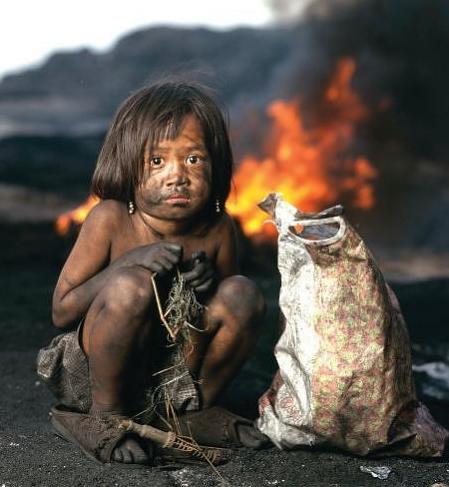Costa Rica News – Surrounded by violent neighbors, Costa Rica appears as an oasis of calm.
With one of the highest life expectancy rates in the region at 79.84 years and income per capita of $10.683, Costa Rica is known for being one of Central America’s most popular expat and retiree destinations.
Yet, despite not harboring such high murder rates as next door Honduras and El Salvador at 58 and 91 murders per 100,000 inhabitants, Costa Rica is also making the UN murder watch list at 11 murders per 100,000, anything over 10 is considered to be a risk.
In fact, 411 murders were reported in 2013 and 477 in 2014, the BBC reports.
Drug traffickers’ paradise
Costa Rica is now one of Central America’s main drug smuggling routes, as marijuana from Jamaica and cocaine from Colombia passes through en route to the U.S. An estimated 80 percent of illicit substances arrive through the country’s naval ports.
“Drug trafficking is now the country’s main security problem,” Public Safety minister Gustavo Mata comments.
 “From meetings with our colleagues from Colombia and the U.S we have established that some 1.400 to 1.500 tons of cocaine have passed through the region this year.”
“From meetings with our colleagues from Colombia and the U.S we have established that some 1.400 to 1.500 tons of cocaine have passed through the region this year.”
Mexico, Guatemala and Nicaragua also contribute to the drug trafficking market, as cartels find Costa Rica an easier route to ensure drugs reach their final destination.
Inequality on the Up
In fact, a 2014 report by the Ombudsman’s Office of the Republic of Costa Rica revealed that inequality continues to grow in a country once known for its high living standards.
Of the 20.7 percent of people living in poverty, 6.4 percent live in conditions brought on by unemployment and lack of education. In 2013 alone, 285,467 homes were reported as living in poverty and 88,557 of these in extreme poverty, Diario Las Américas reports.
Around 41.2 percent of young people aged between 15 to 24-years-old form part of the “Ninis” group – a terminology which refers to the fact that they neither study nor work.
In addition some 32 percent of workers don’t even receive the minimum wage.
“The country has failed by not providing adequate employment policies and not guaranteeing the quality of spending made,” Report director Jorge Vargas Cullel commented.
“We are growing while being exposed to market failures, these being, we are growing but we aren’t creating jobs.”
So is Costa Rica still the Switzerland of Latin America?
If new statistics are anything to go by, life is no longer quite so idyllic.
by Charlotte Mackenzie, Latin Correspondent

